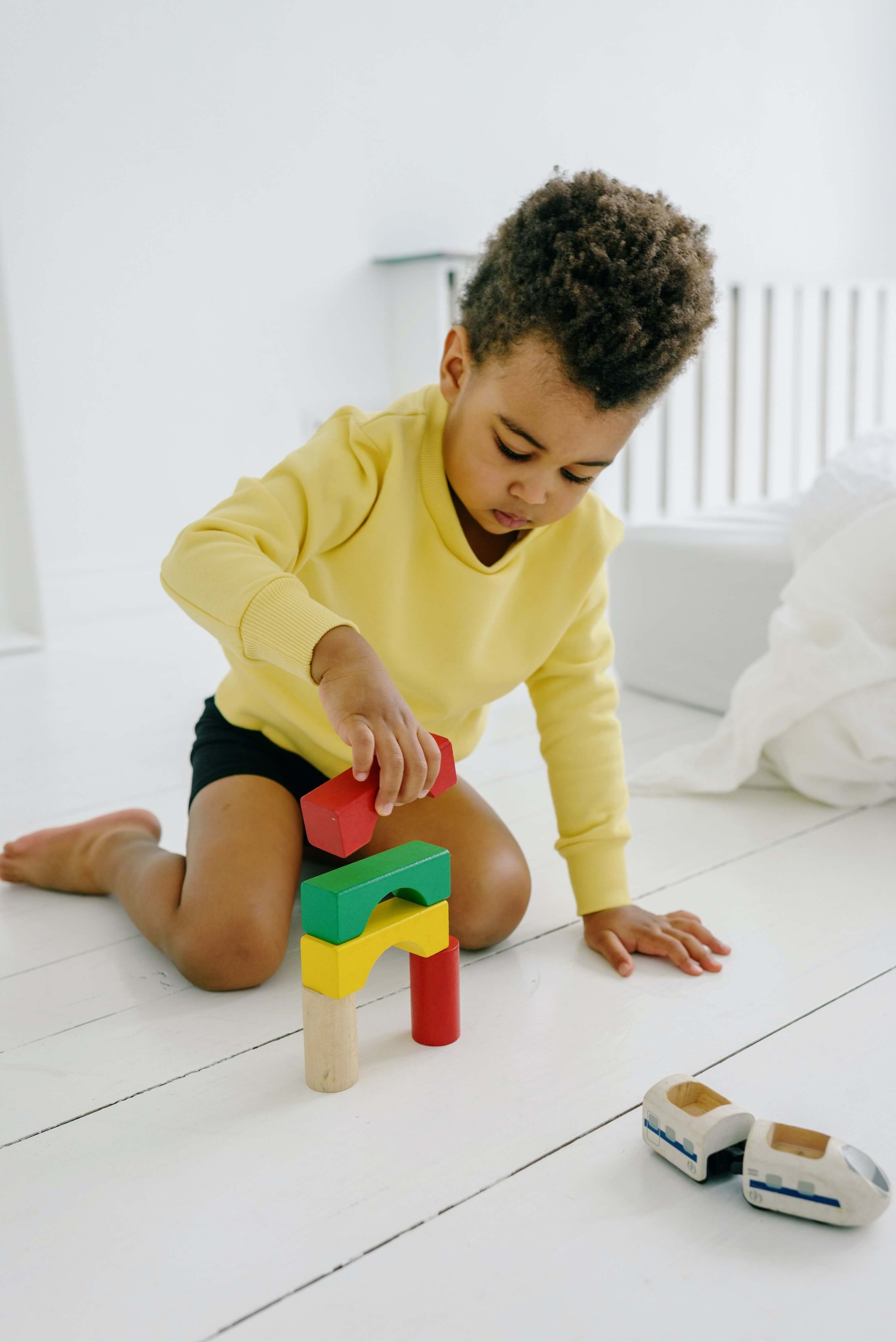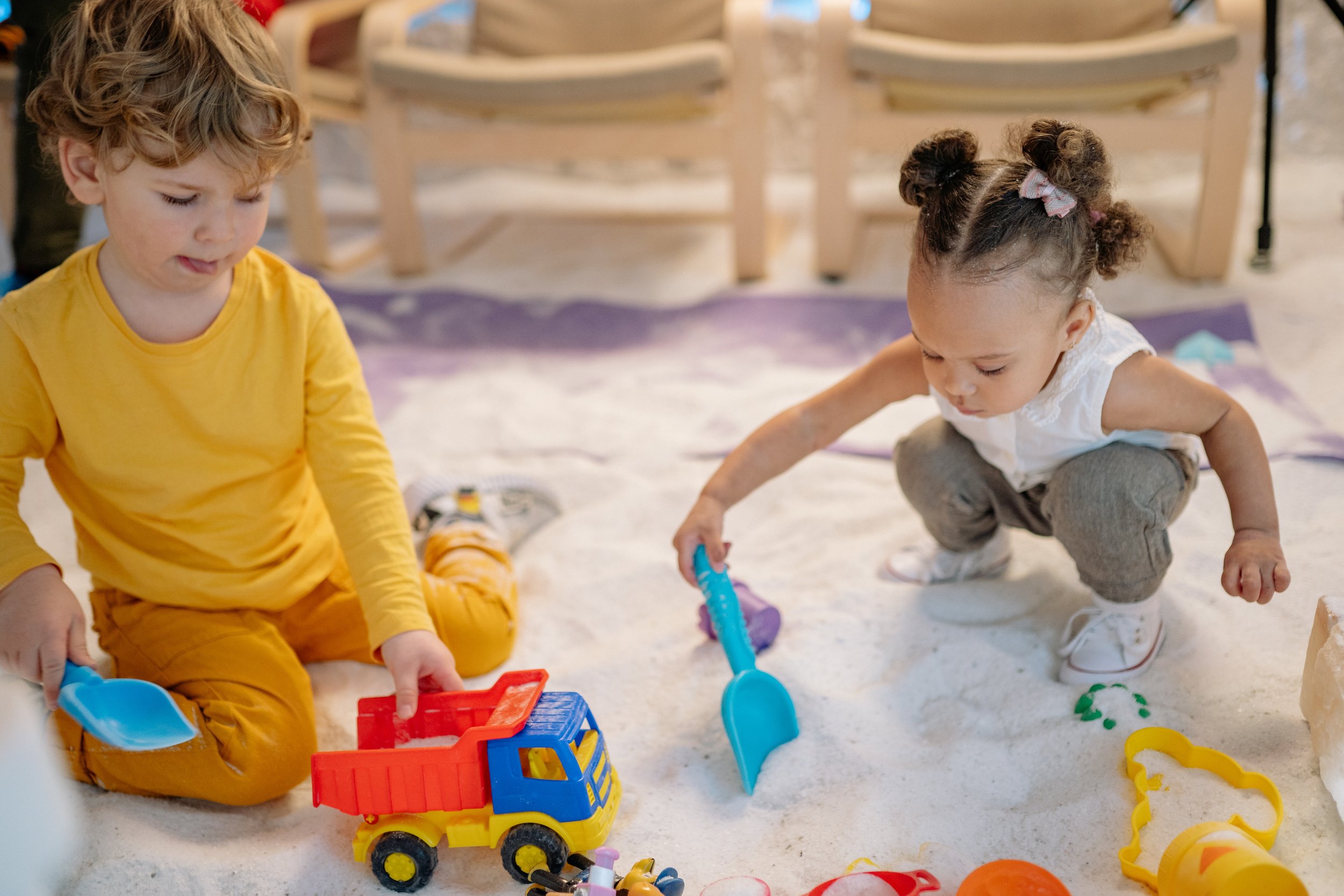
Safeguarding and Early Help
“Birmingham is a family-friendly city where children will flourish, feel safe, listened to, learn and grow up, able to actively contribute to society.”
— Birmingham Safeguarding Children’s Partnership
Safeguarding is everyone’s responsibility
Safeguarding is:
Process and procedures for protecting children from abuse and maltreatment
Preventing harm to children’s development, including their health
Ensuring safe and effective care for children as they grow up.
Taking action to enable all children and young people to have the best outcomes.
Birmingham Safeguarding Children’s Partnership
Safety Best Practice
Safeguarding resources
Birmingham Safeguarding Children Partnership
The Birmingham Safeguarding Children Partnership (BSCP) oversees how organisations work together to safeguard and promote the wellbeing of children and young people in Birmingham. You can also download the latest Right Help, Right Time Guidance here too.
National Statutory Safeguarding Guidance
The DfE’s statutory guidance on inter-agency working to safeguard and promote the welfare of children in education. The government’s national guidelines are frequently updated, so they are well worth checking in with regularly.
Safeguarding concerns
The Birmingham Safeguarding Children Partnership is independently chaired and consists of three key partners: the Local Authority, Birmingham & Solihull CCG, and West Midlands Police share equal responsibility for developing and leading the partnership arrangements.
BEYN & Partners’ Safeguarding CPD
Events and Courses by Birmingham Safeguarding Children Partnership
Find events and courses from the Birmingham Safeguarding Children Partnership (BSCP) and book direct at their website.
Please note: to use the BSCP booking system, you must create a free user account.
Other Recommended Safeguarding Training
PREVENT
This e-learning, developed by HM Government, is an introduction into the risks of radicalisation and the role that professionals and practitioners can play in supporting those at risk.
Adverse Childhood Experiences
Adverse Childhood Experiences (ACES) Early Trauma Online Learning is a free and meaningful course for practitioners, professionals and volunteers working with children, young people and their families.
Right Help, Right Time
Birmingham Safeguarding Children Partnership, Learning & Development Sub-Group have developed e-learning training to support understanding and application of “Right Help, Right Time”, delivering effective support for children and families in Birmingham.
Medical Needs
The EYFS 2025 states: “Providers must have and implement a policy, and procedure for administrating medicines to children. It must include systems for obtaining information about a child's needs for medicines , and for keeping this information up to dat. Staff must have training if the administration of medicines requires medical or technical knowledge.” Section 3.60
The Early Years and Childcare Service advise that settings source medical training independently.
When sourcing training providers are required to ensure the training meets the requirements of the Early Years Foundation Stage Statutory Framework.
It is crucial for group and school-based providers, as well as childminders, to engage with reputable training providers. These providers should offer comprehensive training on the safe administration of medicines to children and provide medical and technical knowledge on managing children’s medical needs appropriately.
To ensure the safe care of children in early years settings, providers also need to have individual health care plans written by a health care professional. Ideally, staff training and individual health care plans should be established before a child begins at the early years setting. Additionally, individual risk assessments and health and safety processes must be in place to keep children with medical needs safe.
If you have any queries or require any support regarding this matter, please do not hesitate to contact the duty line on 0121 675 4996 or email eyduty@birmingham.gov.uk
More resources
Watch a video made by Dr Satish Rao, Birmingham Children’s Hospital Asthma Lead. It was produced following a recent serious safeguarding report (following a Birmingham child asthma death).
Nottingham City Council, NHS Nottingham City CCG and the NCSCB commissioned a video animation to encourage practitioners to rethink how children are classified after not attending appointments and to reflect on the impact that missed appointments have on a child’s wellbeing.
As Early Years providers, it is important that:
Medication is checked regularly to ensure it is in date, still relevant, and there is sufficient supply.
You are aware of any medical or social care appointments that other agencies or parents/carers share with you to enable you to follow up with any actions as appropriate.
Health and Wellness

Measles
Measles cases are rising in Birmingham and Solihull.
Measles is highly infectious and can lead to complications, especially in pregnant, elderly or immunocompromised people.
It usually starts with cold-like symptoms, followed by a rash a few days later. Some people may also get small spots in their mouth. Find out more about measles symptoms and what to look out for.
If you think you or your child may have measles, contact your GP practice but do not visit unless instructed, as measles can spread to others easily.
Two doses of the MMR vaccine can help stop your child from becoming seriously unwell with measles if you're unsure if you or your child have had the vaccine, contact your GP - anyone at any age can get a catch-up vaccine for free.
Visit the NHS Birmingham and Solihull website to learn about measles and how MMR vaccinations can protect you and your family.
Staying safe
We can all use reminders to keep young children safe. Read on for some tips and advice for settings and the home.
Safety in the Home
Child accidents are a major health risk in the UK, with falls being the primary cause of non-fatal incidents in children under five. Suffocation, strangulation, and choking are the most common fatal accidents. However, prevention through increased awareness, safer products, and improvements in the home environment is possible.
The Royal Society for the Prevention of Accidents (RoSPA) has a wealth of information on staying safe at home, including a PDF for tips on keeping young children safe.
Sleep Safety
We all want our children to be safe and secure, especially when it comes to sleep. Creating a safe sleep environment for your little one is crucial, to promote healthy development and reduce the risk of sudden infant death syndrome (SIDS) and other sleep-related accidents.
To learn more about sleep safety and how to create a safe sleep space for your baby, visit the Lullaby Trust website. They offer a wealth of information and resources to help parents ensure their little ones get the safe and restful sleep they need.

Celebrations
Celebrations such as Christmas, Eid and Diwali and other holidays are a time when homes and settings are likely to be full of people, and it's in the excitement of the season that accidents can easily happen.
Please share these tips with your families and staff.
Make sure you buy children's gifts for the correct age group and from reputable retailers, and ensure they comply with safety standards.
Remember to buy batteries for toys that need them to avoid the temptation to remove batteries from smoke alarms.
Look out for small items that could pose a choking hazard to young children, such as button batteries, which, if not caught early, can seriously damage the gastrointestinal system. Never leave these items lying around, and make sure that children know not to put them in their mouths, ears or up their noses.
Keep decorations and cards away from fires and other heat sources such as light fittings, and don't leave burning candles unattended
Remember, novelties and decorations are not toys, and they do not have to comply with toy safety regulations - place them high up and out of reach of young hands
Make sure that any hot drinks are placed out of the way of children
Beware of trailing cables and wires in the rush to connect new gadgets and appliances, and always read the instructions
Falls are the most common accidents, so try to keep clutter to a minimum and ensure stairs are well-lit and free from obstacles.
-
Only adults should deal with setting up firework displays, lighting of fireworks and the safe disposal of fireworks once they have been used
Children and young people should watch and enjoy fireworks at a safe distance; make sure your audience is well away from the bonfire and fireworks
Make sure you have a torch, buckets of water, eye protection, gloves and a bucket of soft earth to put fireworks in
If you see debris that you think might be a firework or something that could be dangerous, alert the relevant person, avoid it, or douse it with water from a hose.
-
One person should be responsible for the bonfire, with knowledge of how to do so safely, and making sure to cordon off the area
Children should be supervised at all times when around the bonfire
Choose a site away from wooden fences, sheds and where children will be playing
Never pour petrol, paraffin or meths on to a fire – it is safer to use fire lighters to prevent flare-ups.
-
It is recommended that sparklers are not given to under-5s
Make sure everyone handling sparklers wears gloves and holds sparklers at arm’s length while being lit
Never hold a baby in your arms while you are holding a sparkler, and don’t wave sparklers close to other people
When the sparkler has finished, put it in a bucket of cold water.
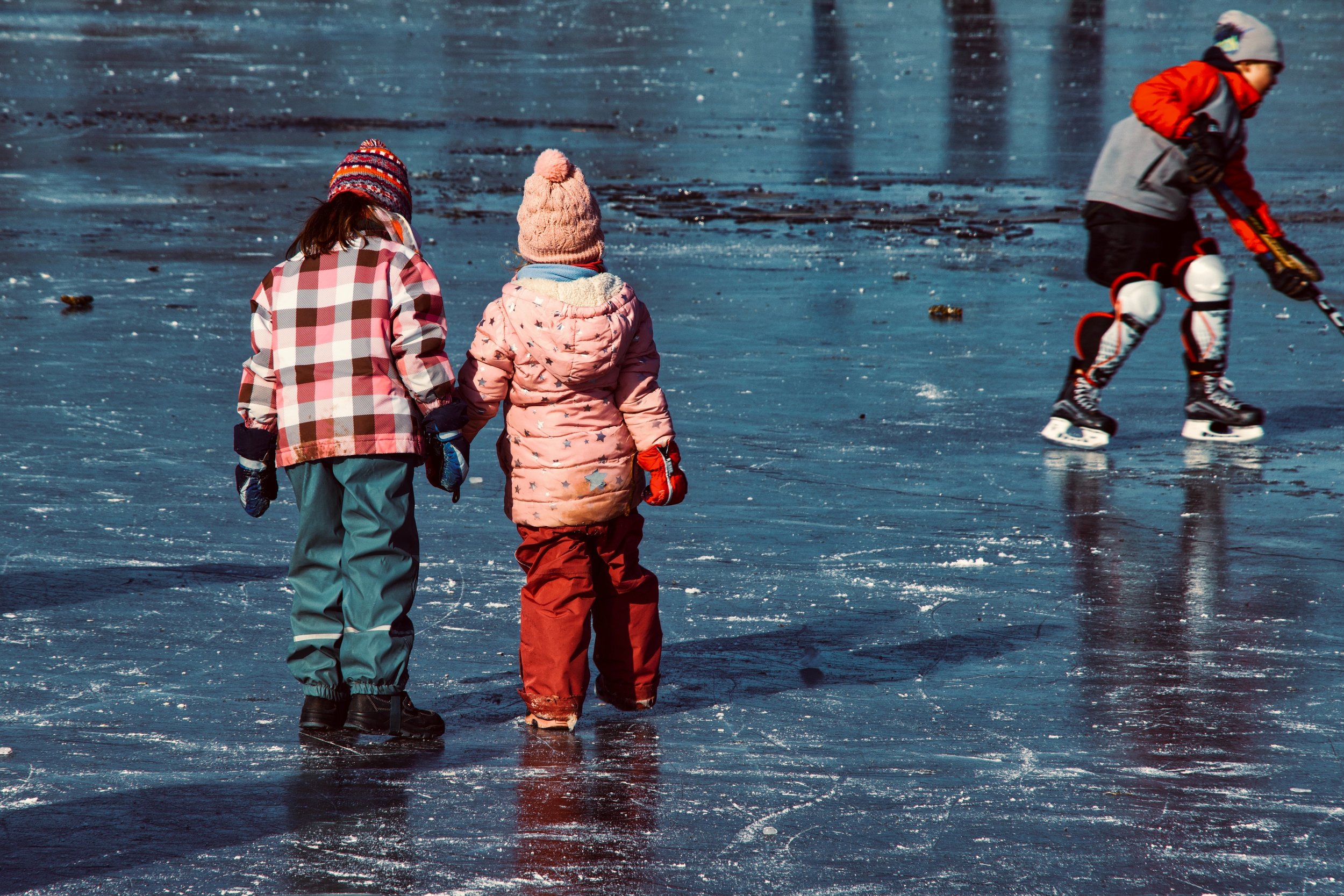
Ice and winter water safety
Children and young people are attracted to frozen lakes, canals and ponds
seeing them as exciting play opportunities. Ice, however, can be a serious danger. Children can be unaware that the ice is thin and crack. Drowning and or hypothermia can quickly occur.
When out near water in the winter:
Look out for the signs and warnings.
Stay off the ice and frozen waters they will not be able to hold a person’s weight.
Keep away from the edge and be aware that snow and leaves may obscure the edge.
Ensure children are well supervised near ice and waterways.
See the RoSPA website for information on staying safe near ice and water in winter.
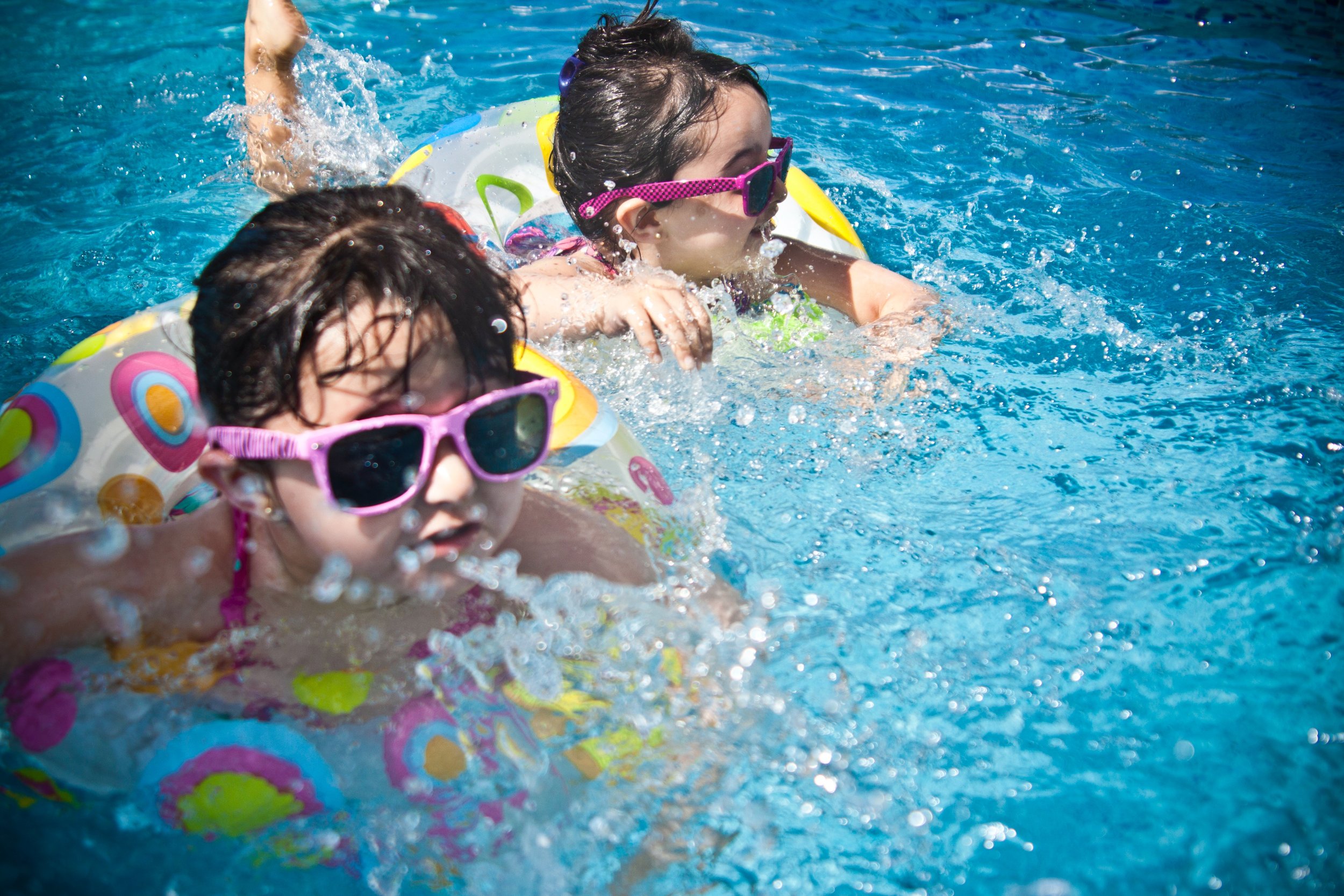
Water Safety
It’s always a good time to remember water safety: 90% of the most serious preventable accidents to under-fives fall into five main categories, and drowning is high on the list.
Other stark facts include:
700 people, on average, die in water every year in the UK and Ireland.
A stark fact is a drowning child can’t speak or control their arms; they slip quietly under the water.
Younger children are most likely to drown in the bath or a garden pond.
Children can drown in as little as 5 cm of water.
Please follow the advice from the Royal Society for the Prevention of Accidents (RoSPA) regarding water safety.
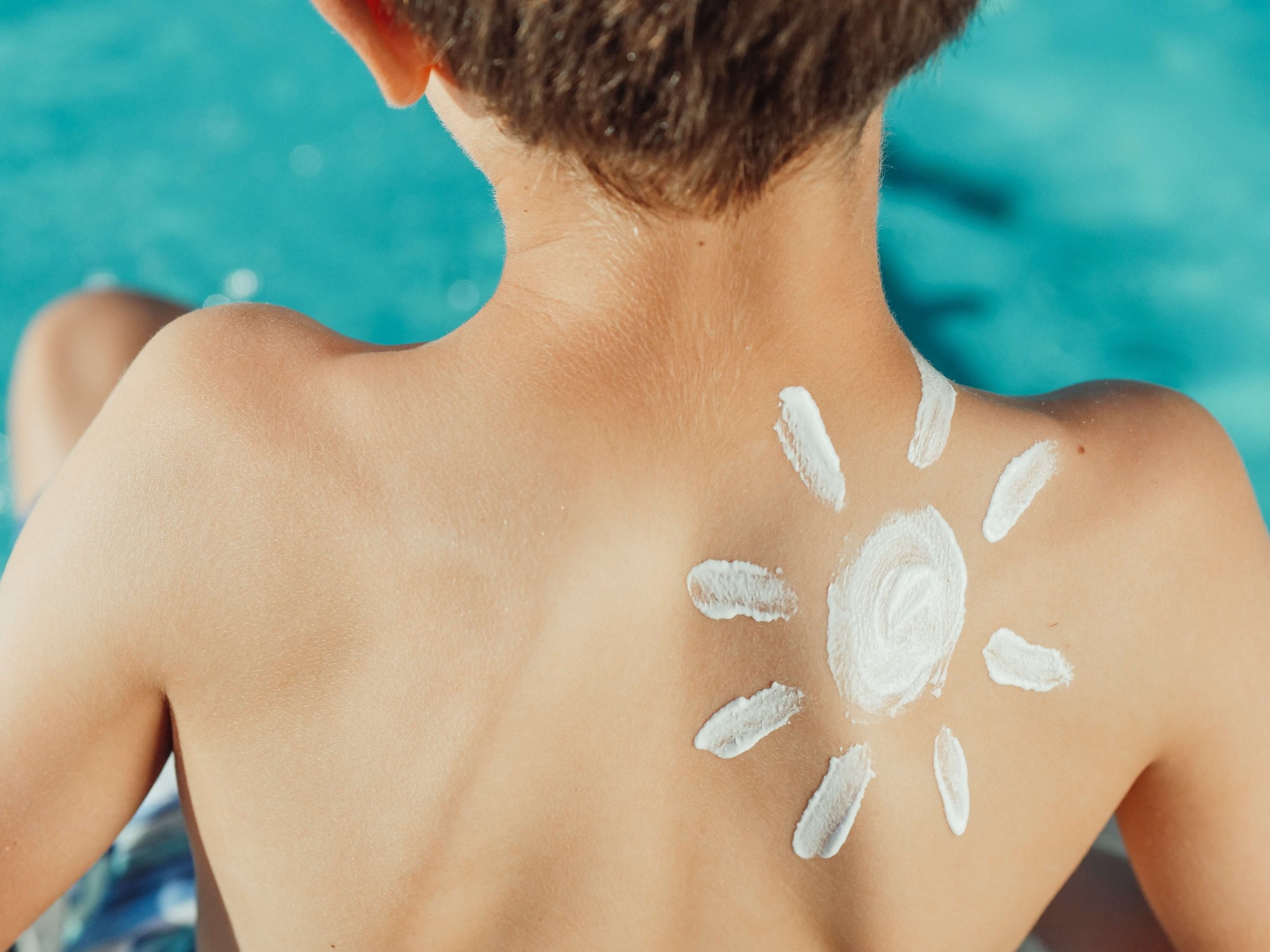
Sun Safety
Babies and young children can become ill during very hot weather. Their health can be seriously affected by dehydration, sunburn, heat stroke and exhaustion.
Babies and young children have much more sensitive skin than adults. Damage caused by repeated exposure to sunlight could lead to skin cancer developing in later life.
Children aged under six months should be kept out of direct, strong sunlight.
From March to October in the UK, children should:
Cover up with suitable clothing
spend time in the shade, particularly from 11 am to 3 pm





